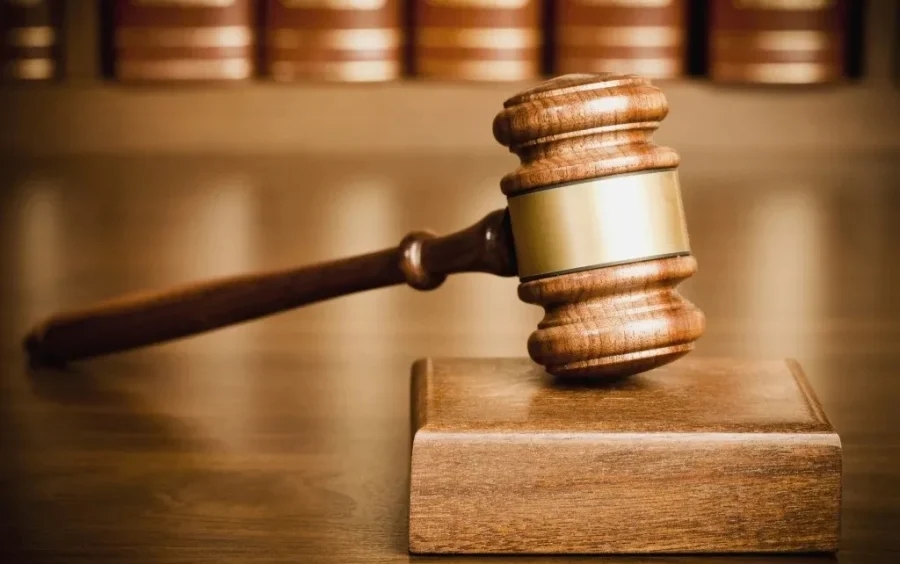Advocacy groups led by the National Online Safety Coalition under the #FWDwithFacts campaign, have raised alarms over Meta’s recent decision to terminate partnerships with third-party fact-checkers.
The move, they argue, could exacerbate the spread of misinformation and hate speech, particularly in African nations like Nigeria.
Speaking on behalf of the National Online Safety Coalition on Friday in Abuja, Ms. Shirley Ewang highlighted the severe implications of Meta’s decision.
“We noted that social media platforms like Facebook and WhatsApp, with tens of millions of Nigerian users, remain central to the country’s information ecosystem and can be weaponised without adequate fact-checking and content moderation,” she said.
Ewang emphasized that fact-checking should not be viewed as censorship but as an essential safeguard to protect society from harm. She urged Meta to reinstate its fact-checking programs without delay
“The stakes are too high to allow the dissemination of misinformation to go unchecked,” she said.
Backstory
Meta recently announced a shift from third-party fact-checking to a “Community Notes” system, which allows users to collaboratively add context to potentially misleading posts across platforms such as Facebook, Instagram, and Threads.
Meta CEO Mark Zuckerberg stated that the change aims to reduce excessive censorship. The previous reliance on independent fact-checkers had led to the suppression of harmless content and impeded free expression.
Meta’s Chief Global Affairs Officer, Joel Kaplan, highlighted the success Community Note has had on a platform like X, formerly Twitter.
“We’ve seen this approach work on X – where they empower their community to decide when posts are potentially misleading and need more context, and people across a diverse range of perspectives decide what sort of context is helpful for other users to see.
“We think this could be a better way of achieving our original intention of providing people with information about what they’re seeing – and one that’s less prone to bias,” he said.
However, the policy shift has sparked significant controversy, with critics expressing concerns that eliminating professional fact-checkers could enable the unchecked spread of harmful content.
The impact of misinformation in Nigeria
- The coalition cited examples of past misinformation causing real-world harm, including ethnic conflicts in Plateau State in 2018 and divisive falsehoods during Nigeria’s 2023 elections.
- These incidents, Ewang argued, underline the critical role of fact-checking in safeguarding public discourse.
- Ewang emphasized that the absence of fact-checking initiatives could leave a dangerous void, leading to the proliferation of falsehoods, societal divisions, and potential loss of lives.
- The coalition urged African governments to demand greater transparency from tech platforms about their misinformation strategies. It also called for the establishment of laws holding tech companies accountable for harmful content and partnerships with civil society to promote media literacy.
“African governments must act now to protect their citizens and preserve the integrity of democracy,” she added.








